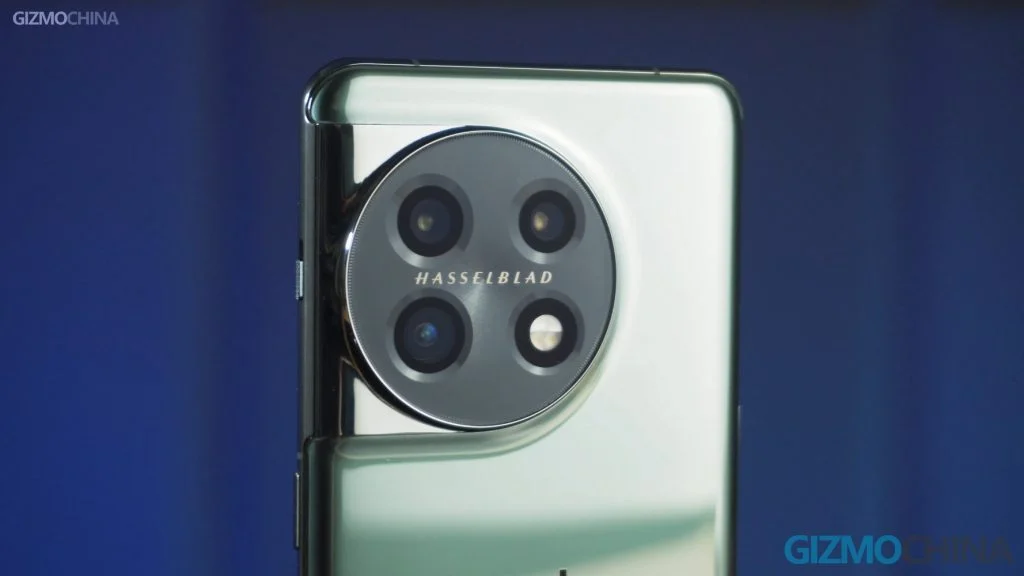Artificial intelligence (AI) is transforming many aspects of our lives, and smartphones are no exception. In today’s article, we will explore three ways AI will transform the smartphone industry in the next five years.
1. Battery life and battery health
The battery is one of the most important components of a smartphone, as it determines how long we can use our devices without recharging. However, battery performance can degrade over time due to various factors such as temperature, charging cycles, and usage patterns. Although we can’t change the way we use our smartphones ourselves, we can change the way smartphones control battery and charging with AI!

AI can help improve battery life by predicting its useful life, optimizing its settings based on user behaviour, and reducing power consumption by smartly managing background processes. For example, adaptive charging implemented by Xiaomi, and smart protection implemented by Oppo and OnePlus in their SuperVOOC changing standards. These AI techniques can potentially boost smartphone battery endurance by up to 30%, improve long-term battery health of your smartphone by up to 40% and save energy costs for users.
2. The voice assistant
The voice assistant is a convenient way to interact with our smartphones using natural language. Voice assistants use technologies such as voice recognition, natural language processing (NLP), and AI to understand and respond to human commands. Voice assistants can perform various tasks such as making calls, sending messages, playing music, checking the weather, setting reminders, and more. However, voice assistants still face some challenges such as accuracy issues (especially with accents or background noise), limited functionality (compared to touch-based interactions), and privacy concerns (due to data collection).
Newer AI technologies can improve voice assistants by using advanced NLP models such as OpenAI’s ChatGPT, which can generate more natural and engaging responses based on context and personality traits. Newer AI can also enable voice assistants to learn from user feedback, adapt to different scenarios, and provide more personalized services. Another example is Microsoft Bing’s ChatGPT which was recently updated with a speaking voice, and is available on both Android and iOS, challenging Apple’s Siri and Google Assistant.
3. The smartphone camera
The camera is another key feature of a smartphone that attracts many consumers. With AI, smartphone cameras today can achieve stunning results that rival professional DSLR cameras. AI can enhance smartphone cameras by using scene recognition, which automatically adjusts the settings for the best possible shot depending on what category the subject falls under and other factors like lighting conditions. AI can also enable object recognition, which allows the camera to differentiate faces from the background and apply effects such as bokeh for portrait mode. Moreover, AI can improve image quality by using computational photography techniques such as HDR (high dynamic range), super-resolution, and low-light enhancement.

Speaking of AI-assisted smartphone cameras, Vivo’s latest flagship Vivo X90 series of smartphones are definitely not to be overlooked. Equipped with Vivo’s latest Vivo V2 ISP imaging silicon, computational photography on the Vivo X90 is near instant compared to its competitor. However, the better photos are also assisted by Vivo’s partnership with Zeiss, which enabled the company to put Zeiss’ signature T* coating on the flagship Sony IMX sensor onboard the Vivo X90 series.
To learn more, you can visit our Vivo X90 review here.
In conclusion, AI will transform smartphones in many ways in the next five years. By improving battery life, camera quality, and voice assistant capabilities, AI will make future smartphones more powerful, versatile, and user-friendly than ever before.
RELATED:
- VIVO X90 Review: The Best Competitor against Xiaomi 13?
- Pre-order VIVO X90 5G Phone for $599 at Giztop
- 3 Technologies That Will Transform the Smartphone Industry in the Next 5 Years







